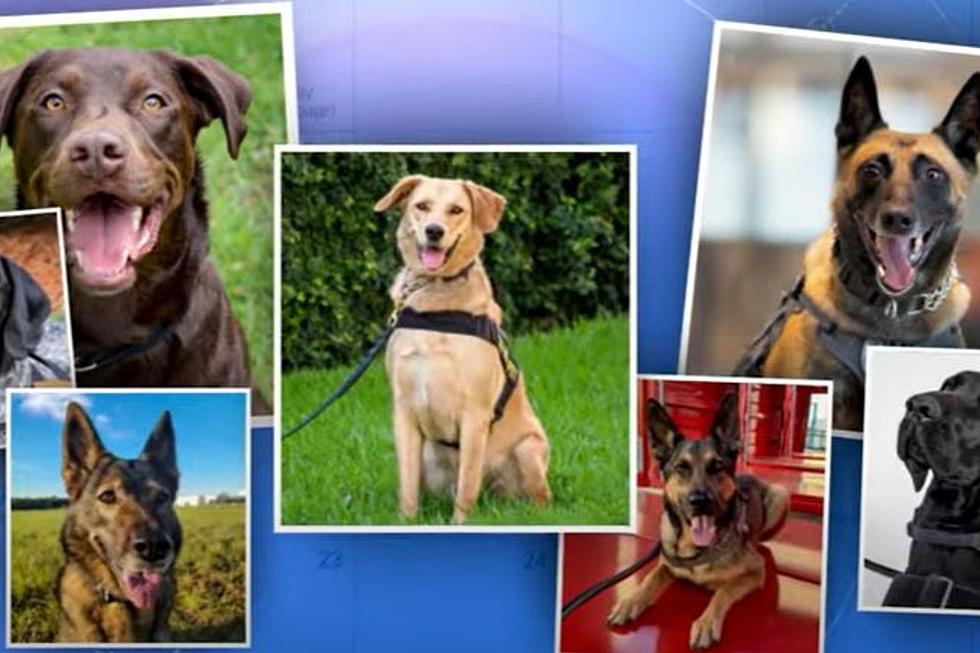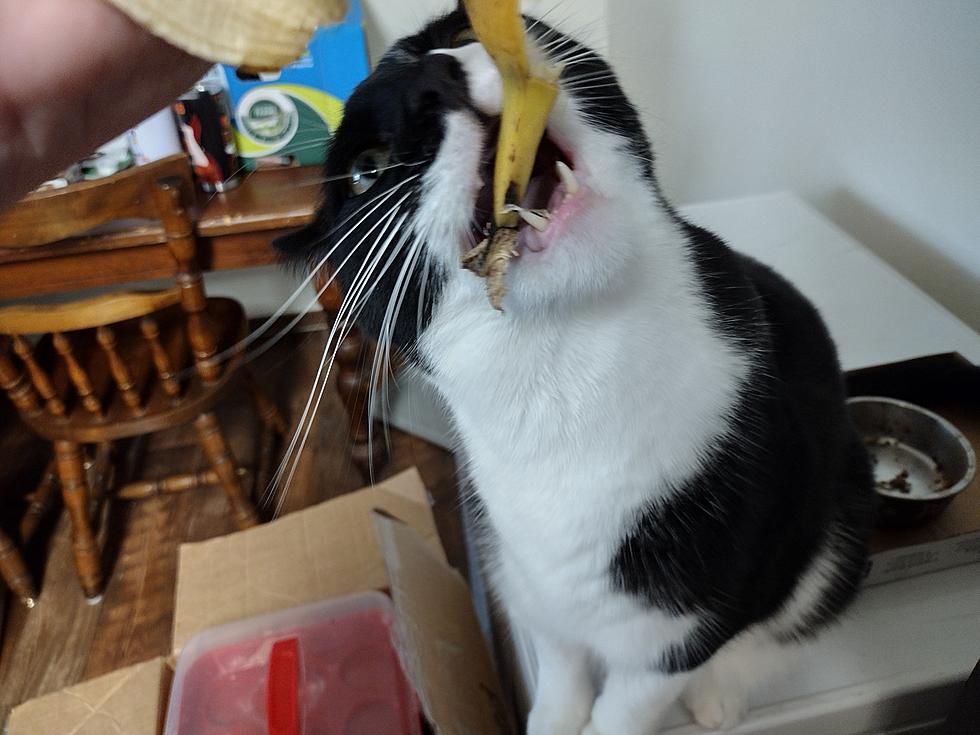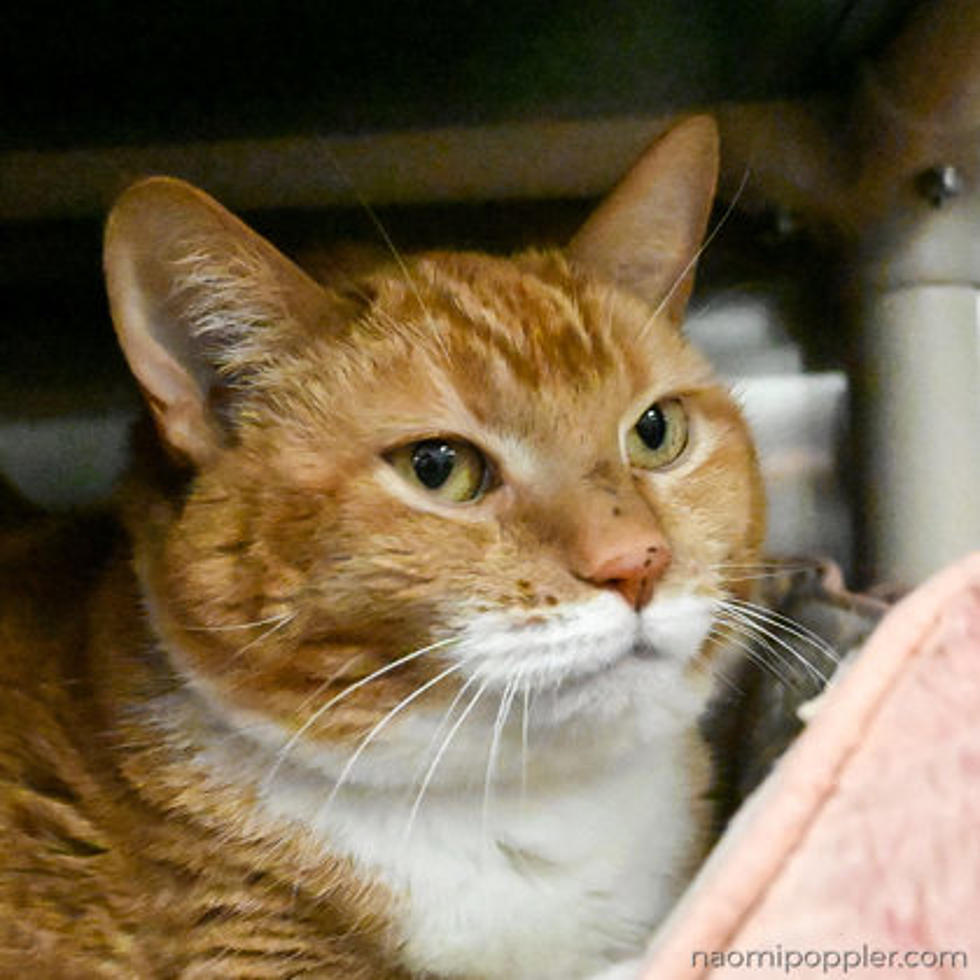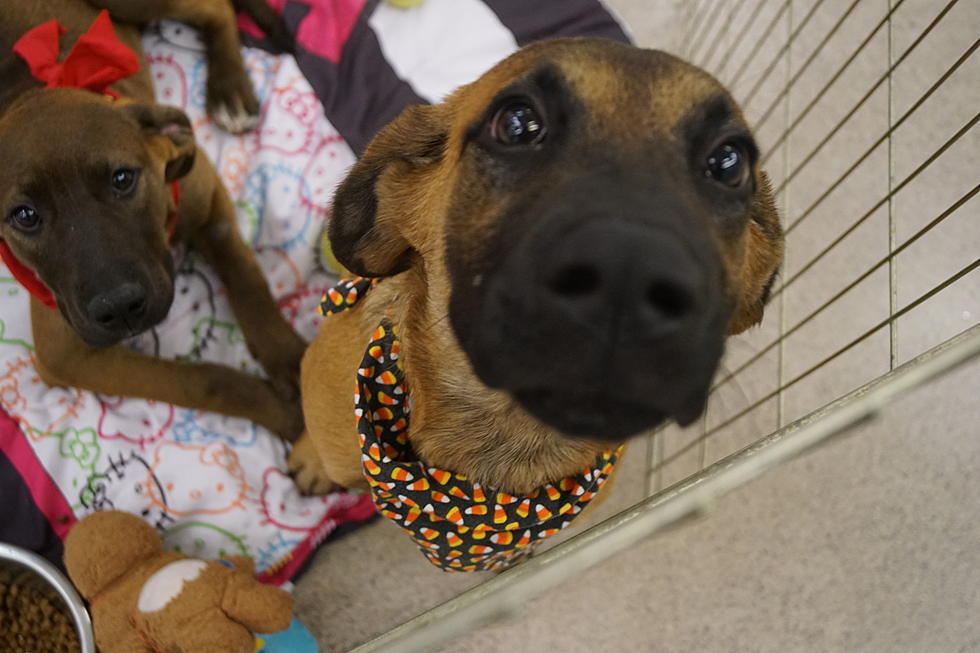
Extended Time at Home Could Affect Pets, Expert Says
ST. CLOUD -- More Minnesotans are spending their days at home right now than at any time in recent memory - and it's changing the daily lives of our pets in a very big way.
But, what happens to our furry buddies when the COVID-19 pandemic ends and we return to work or school?
Mendi Rogers, veterinary technician with Companions Animal Hospital in St. Cloud, says the shift away from stay at home order life could easily trigger separation anxiety in our pets - even those who have never suffered from the condition before.
Rogers says separation anxiety is more likely to affect dogs, (though cats are not immune) and most likely dogs who are older. The condition isn't more common in any specific breed, but Rogers says it's more likely to manifest in animals who have been neglected or mistreated at one point in their lives.
Rogers says it's fairly easy to recognize.
"So, it's any kind of vocalization - whining, howling or just the constant barking," Rogers explained. "It can be destructive behavior. It can be urinating and defecating inside the house. Even vomiting can be a symptom, along with salivating and pacing."
Another sign of separation anxiety, says Rogers, is a general malaise.
"This can be a harder one to see," she said. "Sometimes, it's just complete inactivity, like they're frozen where they're at, just sort of staring at the door."
Rogers says there are a variety of tried and true behavior modification strategies pet owners can try with their pets in order to manage separation anxiety.
"So, let's say those signs we associate with anxiety begin when you pick up your car keys to leave," Rogers said. "Or, maybe you're wearing jogging pants all day and then you change your clothes. You need to try to disassociate that action with you leaving. You can carry your keys around the house with you all day. Or, change your clothes and then stay home. Try to figure out what it is that might trigger them to start to worry, and then change it up."
Rogers says consistency is critical to mitigating separation anxiety. And, she adds, pet owners shouldn't hesitate to contact their veterinarians if they are worried about separation anxiety or want to explore treatment options.

How to Make An Awesome Cauliflower Bake with Bacon
More From AM 1240 WJON









